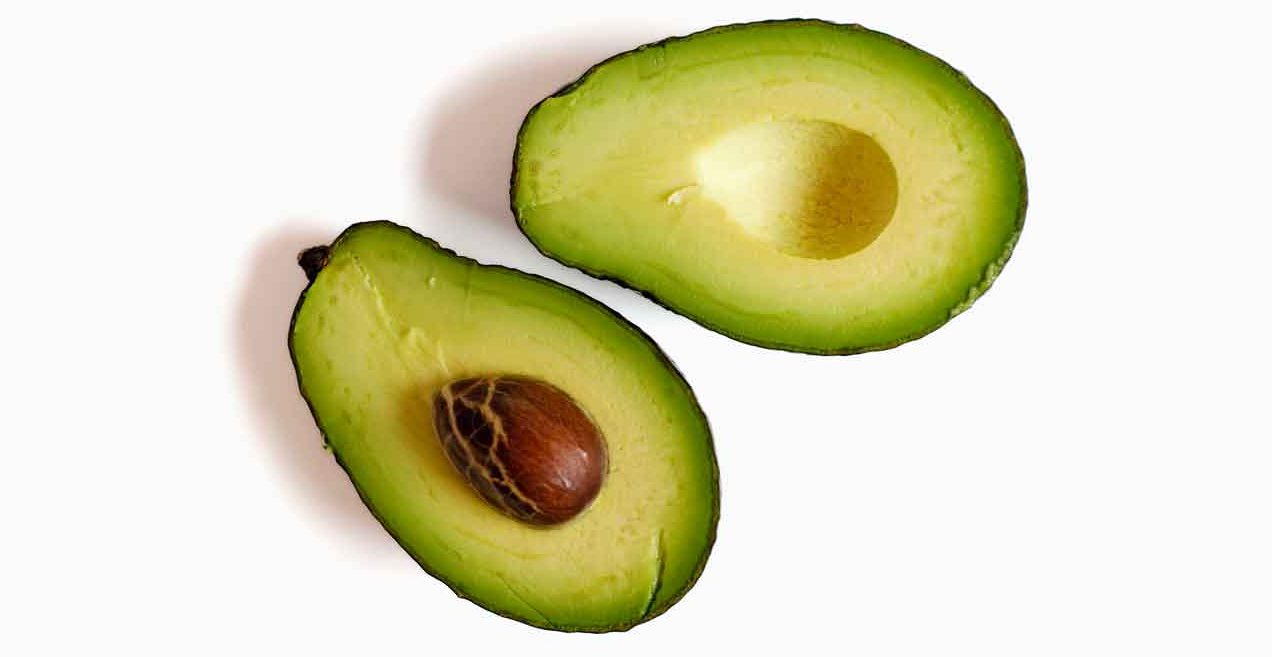Healthy Fats and How to Eat More of Them

Not all fats are unhealthy; many benefit your whole body. Here's why you need more fat in your diet and how to make sure you’re getting the right kind.
In the 1980s and 1990s, all fats were considered unhealthy.
Some still are. Trans fats have contributed to coronary heart disease; they may also contribute to arrhythmias and sudden cardiac death. Industrial trans fats from partially hydrogenated oils and processed snacks are even more dangerous; research links them to heart disease, infertility, diabetes, obesity, and cognitive decline.
But not all fats are unhealthy; many benefit your whole body, including your heart.
YOU MIGHT ALSO LIKE: Are You Eating the Right Amount of Meat?
Monounsaturated fats
Monounsaturated fats lower bad cholesterol and promote heart health. Studies show that a diet rich in monounsaturated fats promotes healthier cholesterol and lipid levels than a low-fat diet. Monounsaturated fats are found primarily in nuts and fatty fruits.
Polyunsaturated fats
This category of fat includes omega-3 and omega-6 fatty acids, which are essential for human development. Polyunsaturated fats are anti-inflammatory, anti-aging, and may improve chronic diseases like diabetes and rheumatoid arthritis. Studies have found that they play a role in preventing cancer, cardiovascular disease, cognitive degeneration, and psychiatric disorders.
Saturated fats
Saturated fats are often found in meat and dairy; they were considered unhealthy even after the benefits of mono- and polyunsaturated fats were established.
However, recent research indicates that saturated fats are only dangerous when you don’t balance out animal fats with fats from plants and seafood. Research published by the American Journal of Clinical Nutrition shows that saturated fats do not cause cardiovascular or coronary heart disease, and they may reduce your risk of diabetes.
A balanced diet includes all three healthy fats, which are found in many foods that were once considered unhealthy.
Avocado
The monounsaturated fats in avocados benefit your whole body; one study found that avocados reduce bad cholesterol, while another study linked avocado consumption to higher overall nutrient intake.
Add avocados to sandwiches, salads, and smoothies; or eat them with olive oil and salt. Avocado oil can be used in cooking or salad dressings.
Chia seeds
Chia seeds contain omega-3 fatty acids and may help lower blood pressure in hypertensive patients. Other studies show that chia seeds reduce heart disease in people with type 2 diabetes.
Sprinkle chia seeds on salads, add them to yogurt, or use them to make puddings and other desserts.
Dairy
Cheese and full-fat yogurt are healthy sources of saturated fats and may reduce your risk of type 2 diabetes. Studies show that cheese may decrease your likelihood of cardiovascular disease. Eating full-fat rather than low-fat yogurt is linked to lower risk of obesity and cardiovascular disease and can help you lose weight.
The protein in cheese and yogurt makes them filling snacks; you can also eat cheese with fruit in place of sugary desserts. Yogurt is a healthy breakfast; you can add it to smoothies or replace condiments like sour cream.
Nuts
Almonds, walnuts, and macadamia nuts all contain unsaturated fats. Studies show that replacing one daily snack with a handful of nuts lowers your risk of cardiovascular disease and obesity. Eating nuts also reduces your risk of coronary heart disease and may be especially beneficial to individuals with diabetes.
Raw, unsalted nuts are your healthiest snack option; eat them alone, added to trail mix, or on yogurt, salad, and oatmeal.
YOU MIGHT ALSO LIKE: Energy Lows: What Causes Them and How to Avoid Them
Eggs
Though eggs were once considered unhealthy, research shows no direct link between eggs and bad cholesterol (LDL cholesterol) or cardiovascular disease. In fact, eggs may reduce obesity and encourage weight loss by providing a satisfying source of protein, fat, and other nutrients.
Eggs are a filling breakfast when eaten in place of carbohydrate-heavy grains and cereals; they can also be added to salads in place of meats.
Fatty fish
Salmon, albacore tuna, and mackerel all contain omega-3 fatty acids, which help reduce cardiovascular disease. One study also linked fatty fish to a lower risk of dementia, while other research indicates that these fats may be important in preventing depression.
Fatty fish can replace any meat in your regular meals; the American Heart Association recommends eating at least two servings per week.
Olive oil
Olive oil is a key component of the Mediterranean diet, which has been shown to prevent heart disease; other studies link it to a lower risk of type 2 diabetes and obesity. Olive oil also lowers blood pressure and prevents inflammation throughout the body.
Use olive oil for cooking, in dressings and sauces, or as a dip for bread.
Coconuts
Coconuts are a plant source of healthy saturated fats, and populations that eat a lot of coconut oil have few instances of stroke and heart disease. Coconut consumption is linked to low cholesterol, and research shows that coconut oil may help reduce abdominal obesity.
Use coconut oil in cooking or baking, as a butter substitute, or in smoothies. Coconut fruit can be eaten raw or dried.
Healthy fat supplements
Depending on the balance of dietary fat you consume, your energy levels, and your exercise routine, supplements for these fats may have a negative effect on your health. It is safest to stick with food sources of healthy fats unless a doctor recommends otherwise.
Updated:
April 09, 2020
Reviewed By:
Janet O’Dell, RN